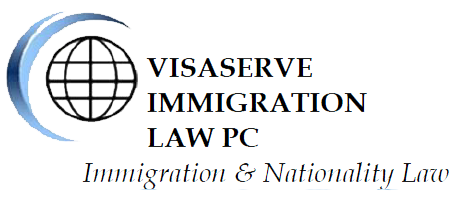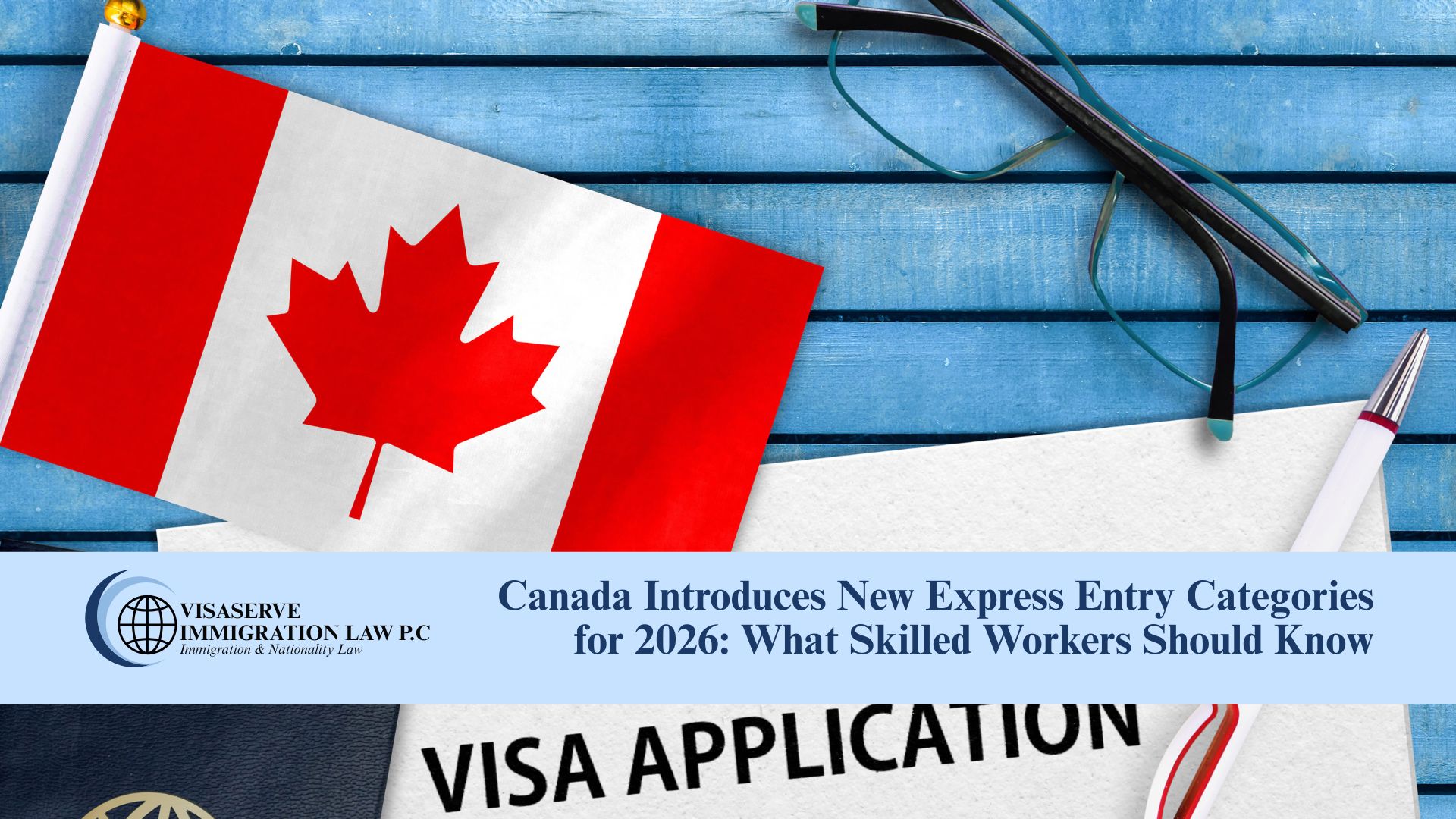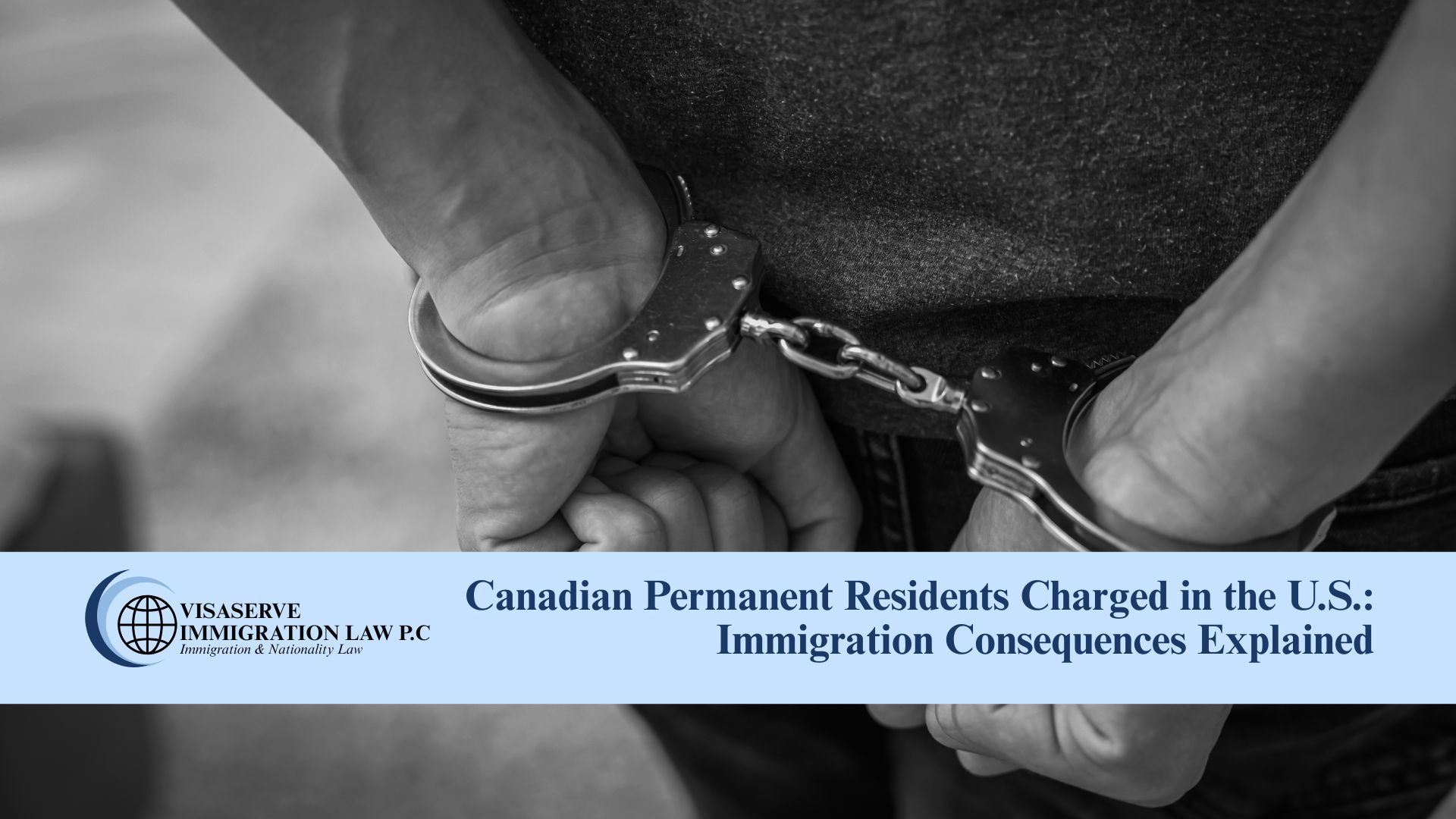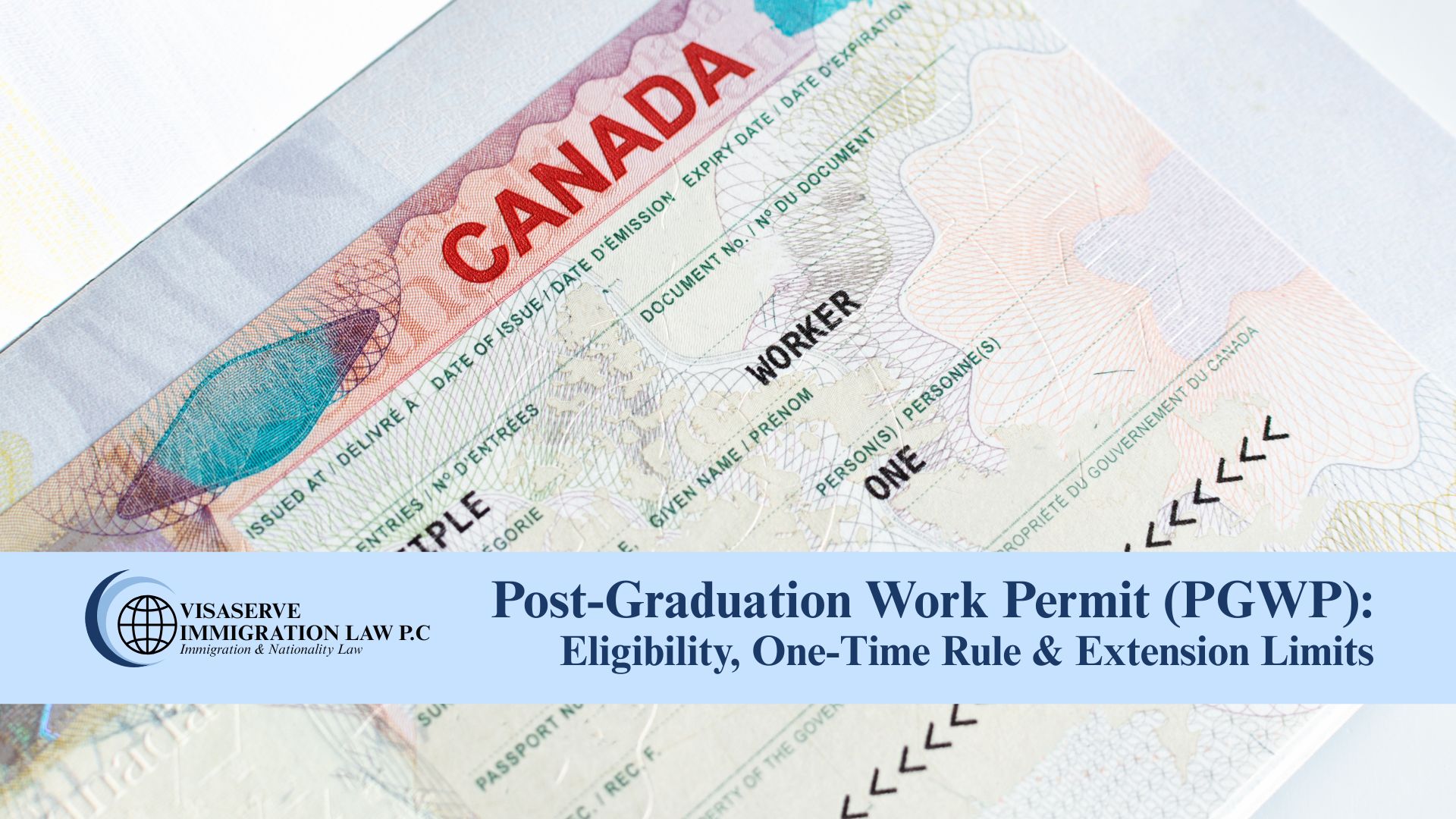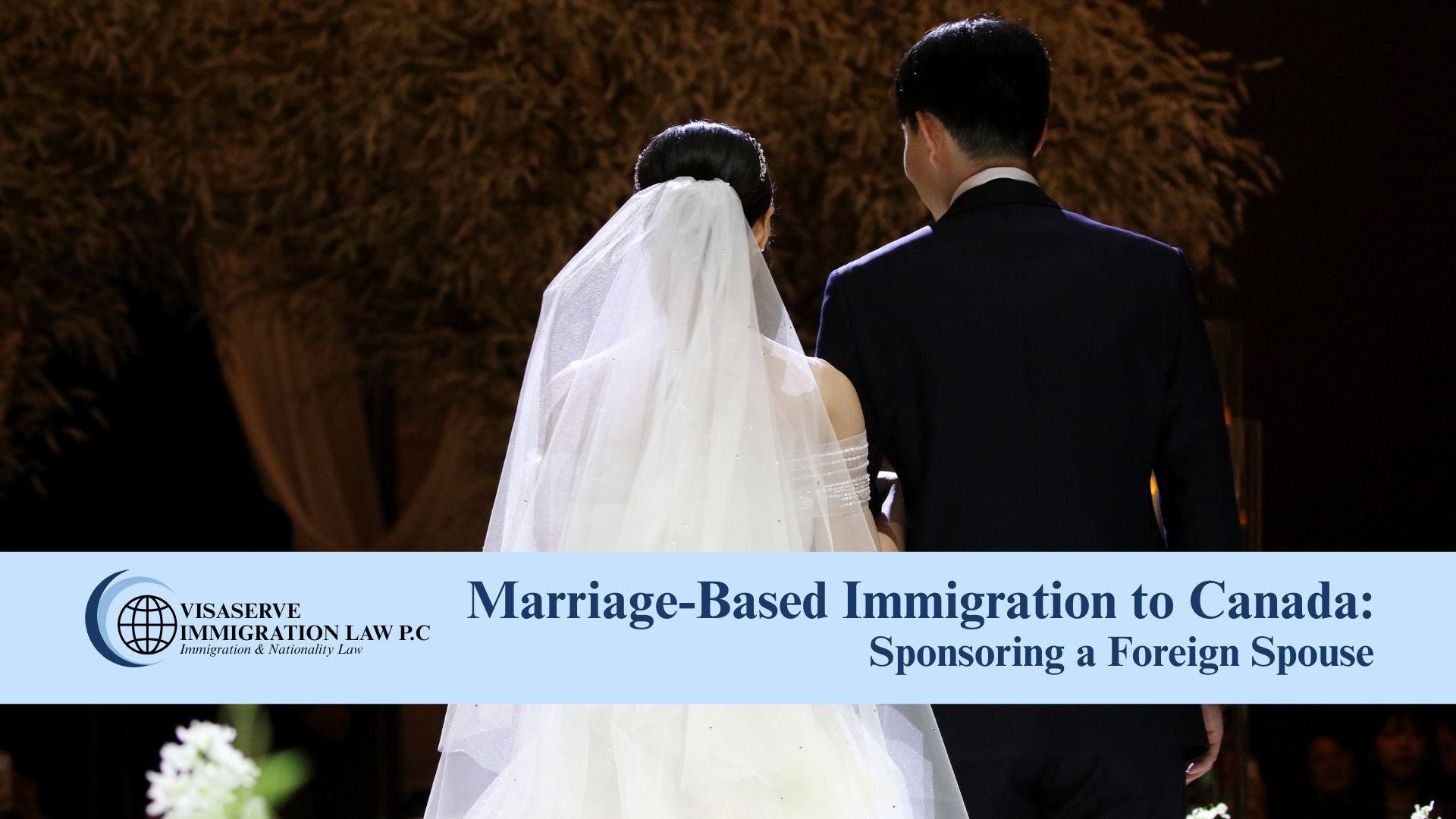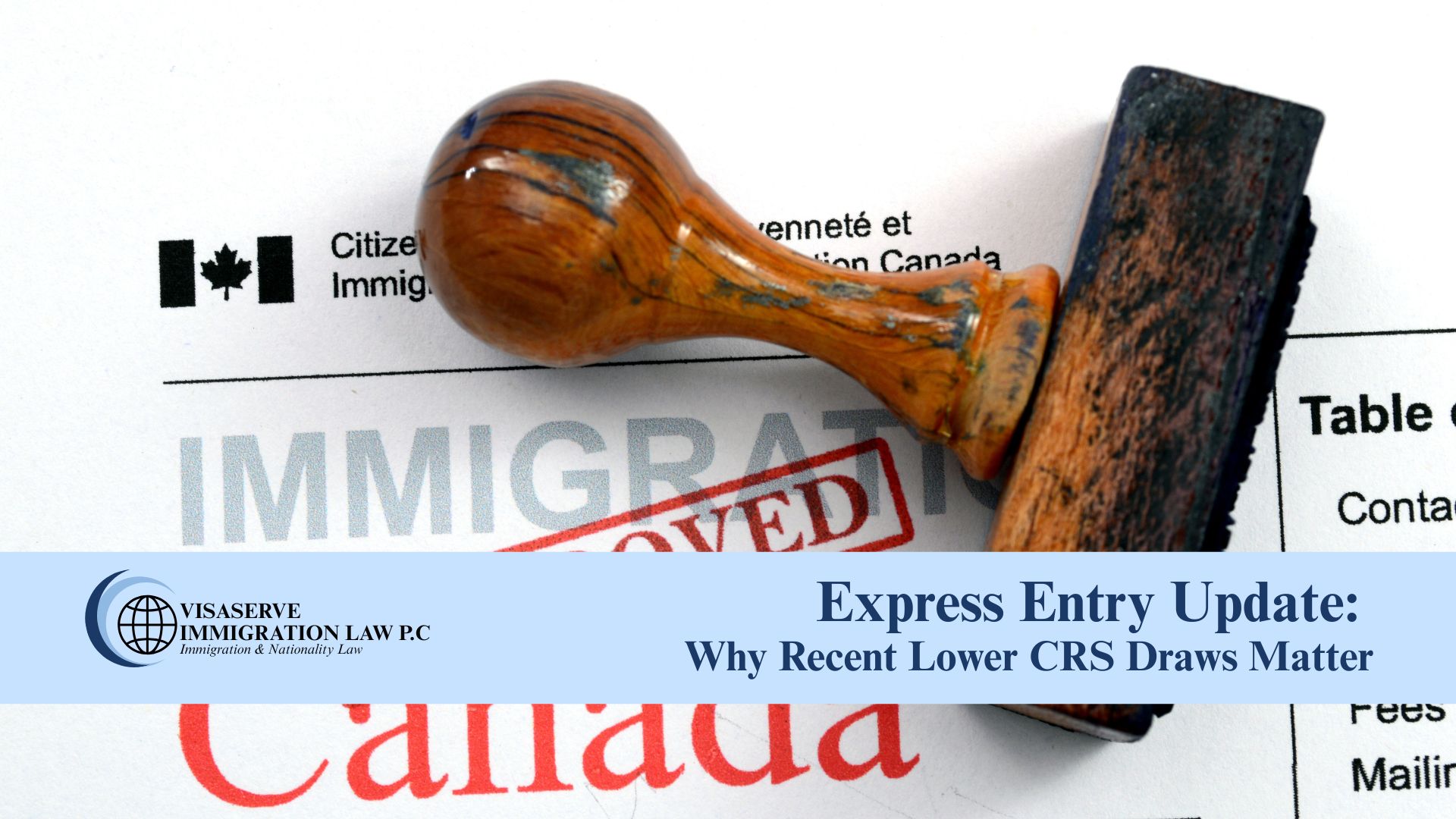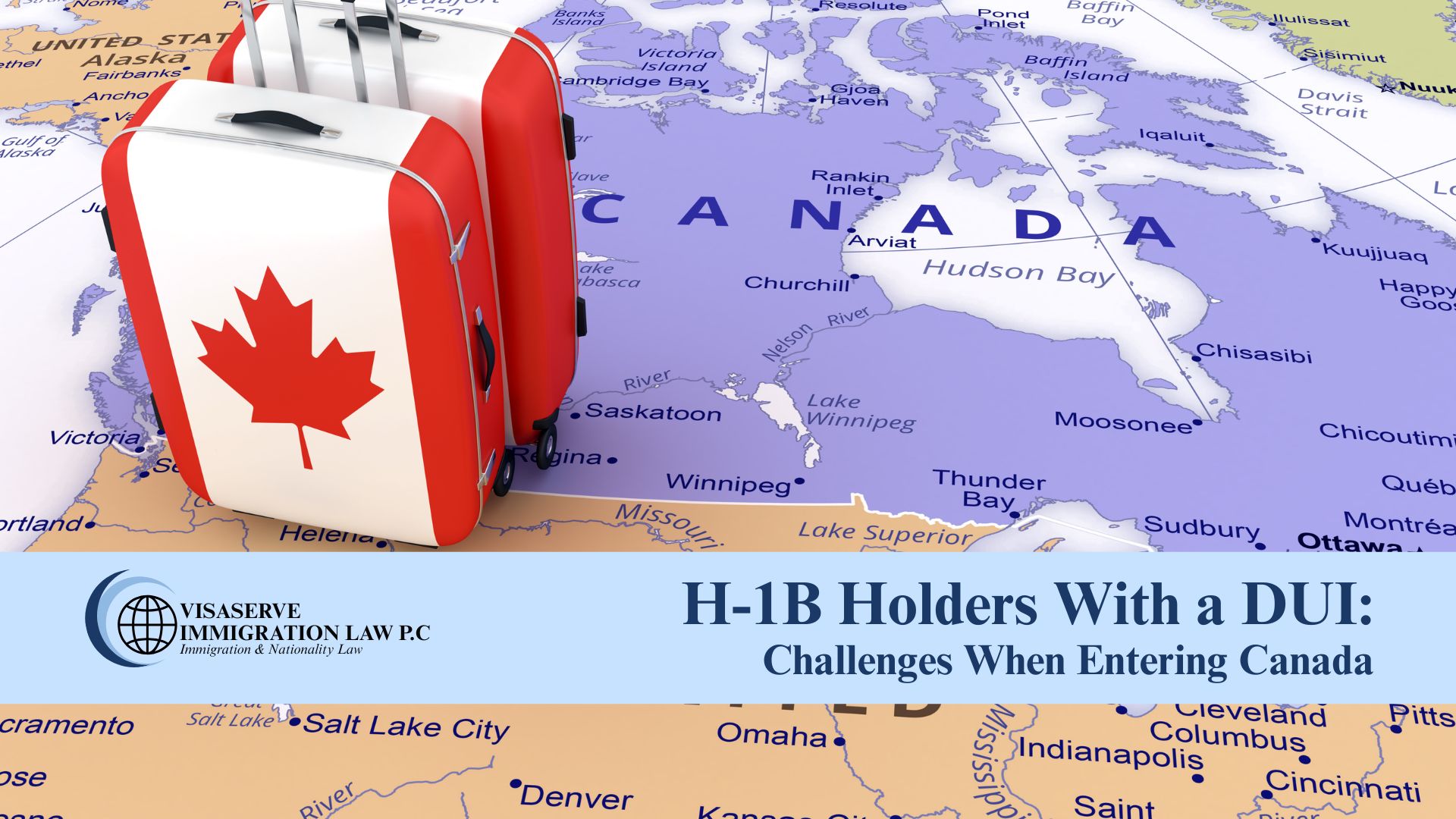The International Mobility Program, led by Immigration, Refugees and Citizenship Canada (IRCC), plays a pivotal role in offering high-skilled professionals temporary work permit exemptions for 15 or 30 days. Introduced under the Global Skills Strategy in 2017, these exemptions are meant for highly skilled foreign nationals who meet eligibility requirements to perform work in Canada for a short period.
Eligibility
To be eligible for the work permit exemption, foreign nationals must intend to work in a TEER category 0 or 1 occupation, as per the National Occupational Classification (NOC). The exemption can be for up to 15 consecutive days if the foreign national has not received an exemption under this public policy within the last six months, or up to 30 consecutive days if not granted within the last 12 months.
Applicants may also need a temporary resident visa (TRV) or an electronic travel authorization (eTA) to enter Canada. Applicants already in Canada are not eligible for this exemption.
Documentary Evidence
Applicants should provide evidence to demonstrate eligibility. This could include documents like a job offer or a contract from the employer detailing the work, NOC code, job title, and the period of employment (start and end date).
Assessment
When assessing the application, officers should consider factors such as departure and re-entry. Although foreign nationals can exit and re-enter Canada within the prescribed timeframe of work, the authorized work period begins from the date the exemption is granted, counted consecutively, regardless of actual work time in Canada. Any travel outside Canada after the exemption date will not extend the exemption period.
Multiple Employers
The work permit exemption applies to the foreign national, not the employer. Each foreign national is authorized to work without a permit under the public policy for a 15-day period every six months or a 30-day period every 12 months. If intending to work for multiple employers during this period, the foreign national must prove that the work aligns with a TEER 0 or 1 occupation under the NOC.
Subsequent Exemptions
Foreign nationals can benefit from short-term work permit exemptions if they have used another short-term exemption, provided they meet the requisite conditions.
Document Issuance
Upon determination of work permit exemption, border services officers should issue a visitor record [IMM 1097]. This record, with a notation that the holder is authorized to work without a work permit, assists Service Canada in issuing a social insurance number (SIN). If not issued proactively, it can be provided upon the foreign national’s request. The conditions added in the User Remarks field in the GCMS should read, “authorized to work in Canada as (insert position) for (insert duration, 15 or 30 days)” for the SIN application.
Conclusion
The IRCC’s International Mobility Program creates an opportunity for highly skilled foreign nationals to work in Canada temporarily. The work permit exemption, an essential component of the Global Skills Strategy, facilitates the entry of these professionals into the country to meet labor market needs. Proper documentation and adherence to eligibility requirements are key to availing this benefit.
At NPZ Law Group, our U.S. and Canadian lawyers seek to assist clients with regard to employment and family immigration issues. If you or your friends or family should have any questions about any aspect of U.S. and Canadian Immigration Law, please feel free to contact us at info@visaserve.com or you can call our office at 201-670-0006 (ext. 104). We look forward to being able to assist you.
